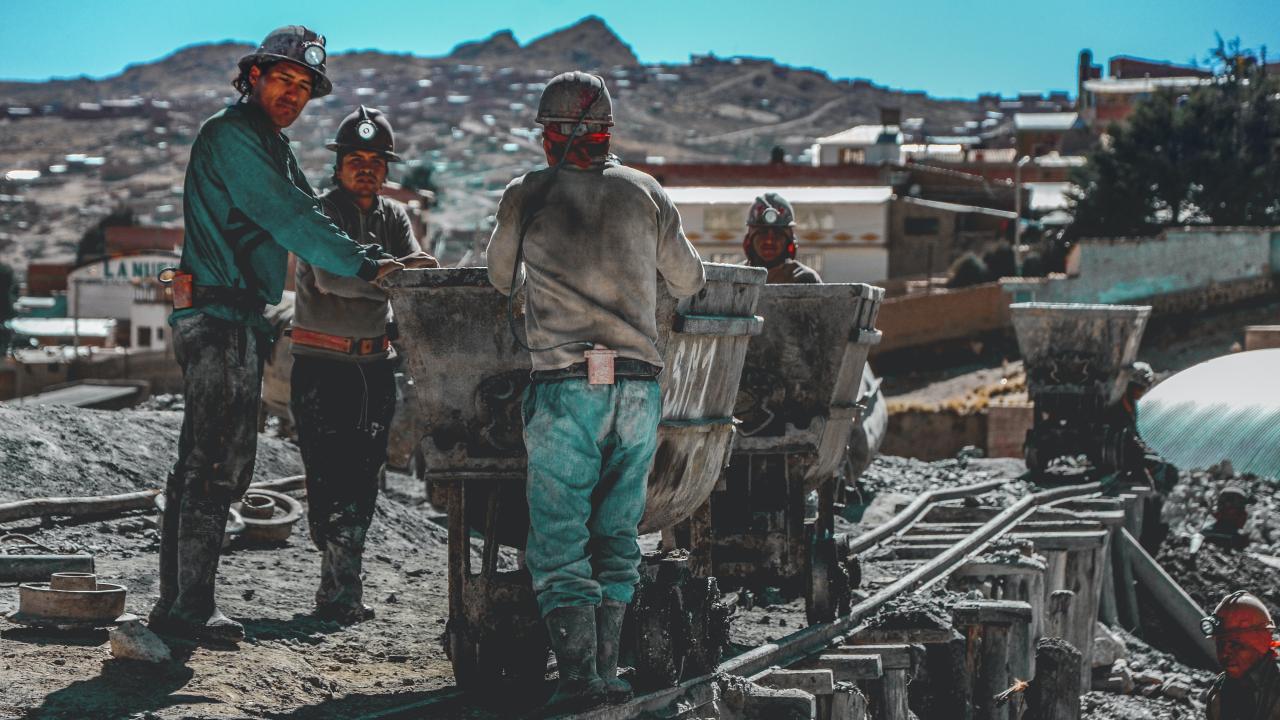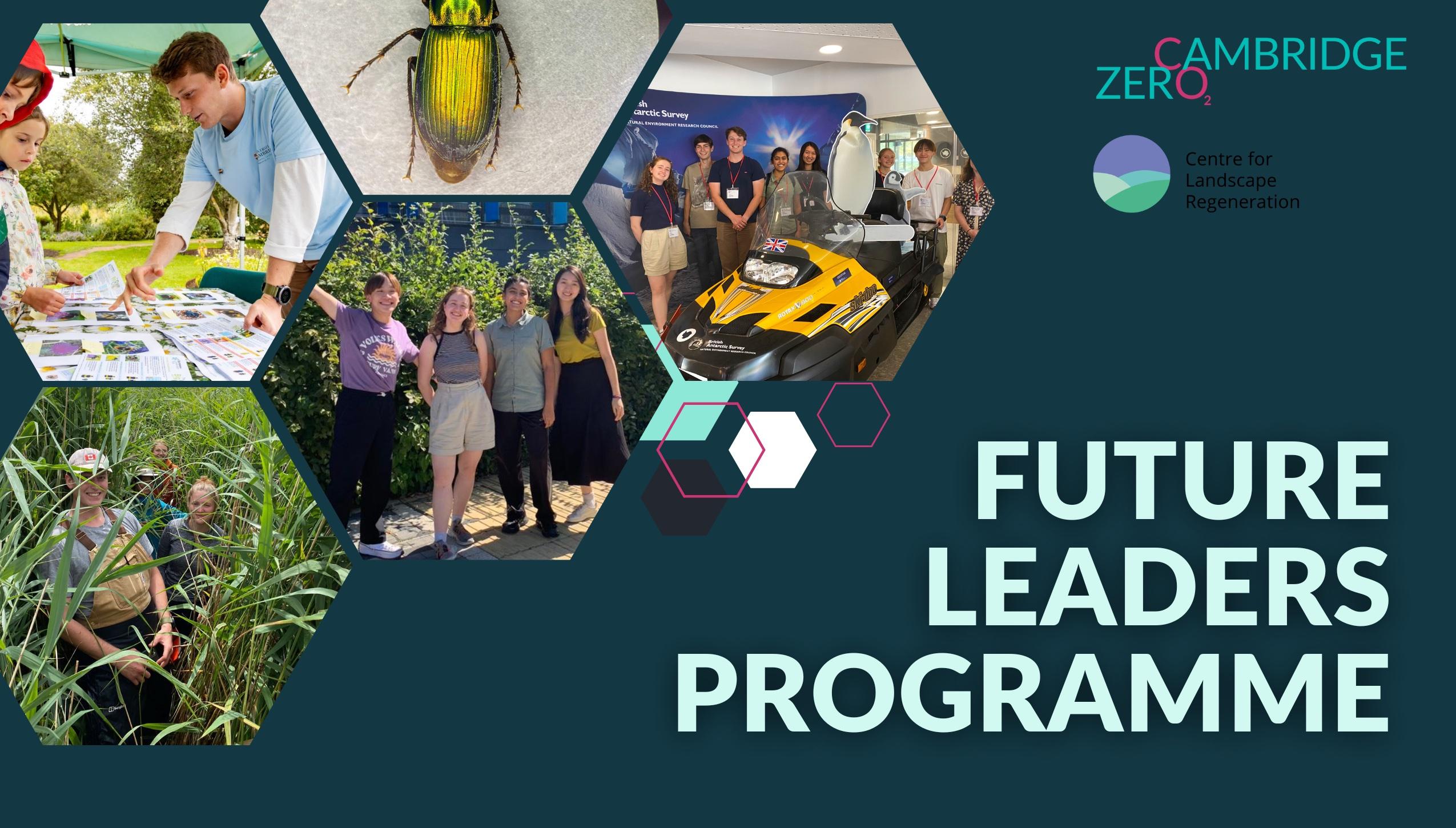Cambridge Zero held a workshop on March 24, 2023, to discuss the environmental, social, and ethical dimensions of materials for net zero. The projected increase in demand for energy-related materials for the transition to net zero could have significant environmental, social, and governance impacts, according to Simon Buckle, Cambridge Zero Director of Research Strategy & Programmes. The first three speakers offered different perspectives on the matter.
Professor Jennifer Gabrys from the Department of Sociology argued that achieving net zero requires a rethinking of our social-material worlds, rather than simply replacing one fuel source with another. She highlighted the centrality of digital technologies and the implications of materials demand for land-use, biodiversity, and water for communities in "sacrifice zones."
Dr. Karishma Jain, Deputy Director of the EPSRC Centre for Doctoral Training in Nanoscience and Nanotechnology, discussed the limitations of a focus on efficiency-based technologies. She emphasized that more imaginative approaches for scientific and technological development are needed to ensure long-term benefit for the planet and humanity.
Professor Jeremy Green, from the Department of Politics and International Studies, spoke about the transition to net zero in an increasingly fractured geopolitical landscape, where clean energy technologies and associated materials constitute the heart of a "competitive re-industrialization" with major impacts for the Global South.
The workshop also included presentations from Dr Tamara Wattnem on extractivism in Latin America, Dr Clara Galeazzi on the evolution of trade in traditional and clean energy technology materials, and Dr Mike Degani on alternative architecture movements. In the final part of the workshop, Isobel Cohen, Dr Andrea Salter, Professor Joanna Page, and Dr Lata Sahonta provided an overview of funding and other opportunities in this area.
The workshop was crucial in highlighting the potential impacts of the projected increase in demand for energy-related materials for the transition to net zero. The speakers provided valuable insights on the need for more holistic approaches to scientific and technological development, the limitations of a focus on efficiency-based technologies, the geopolitical implications of clean energy technologies, and the importance of avoiding the reproduction of old patterns of material extraction.
The workshop created the groundwork for researchers to continue to collaboratively explore the complex dimensions of materials for net zero and ultimately work to develop research proposals that ensure that a transition to a low carbon future is sustainable, equitable, and just.



